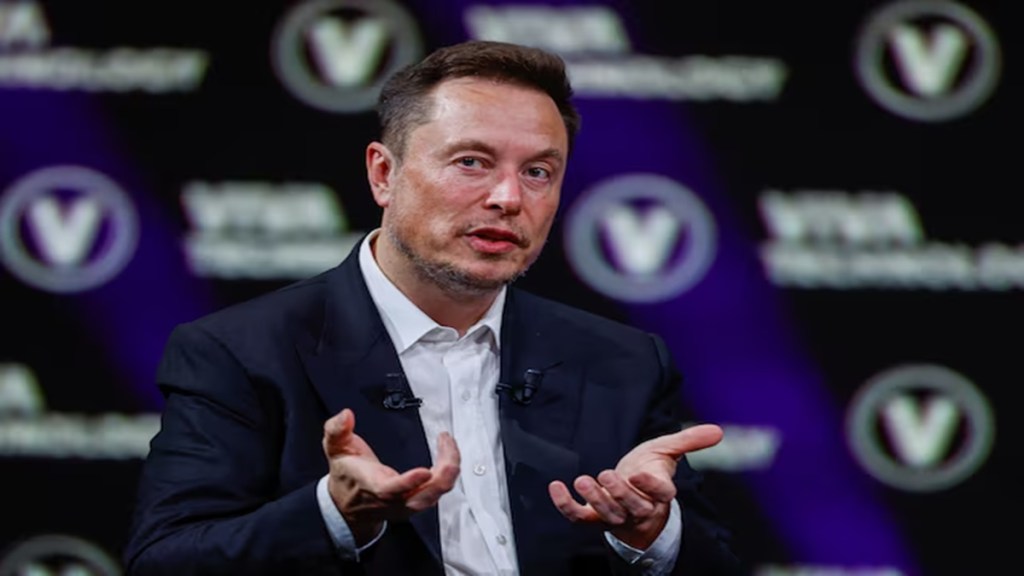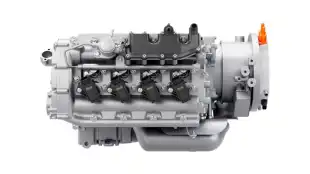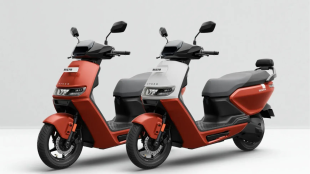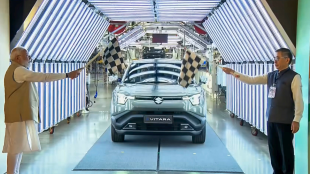There’s more trouble ahead for Elon Musk and Tesla. The Government of Canada has frozen all rebate payments for Tesla and banned the electric-vehicle maker from future EV rebate programs. This development was confirmed by Transport Minister Chrystia Freeland on Tuesday.
Rebate payments will only be issued after each claim has been thoroughly reviewed and confirmed as valid, Freeland stated in an emailed statement from her office. She also instructed the transport department to amend the eligibility criteria for future iZEV programs, ensuring that Tesla vehicles remain ineligible as long as the “illegitimate and illegal U.S. tariffs” are imposed on Canada.
Tesla in hot waters
Last week, reports emerged online alleging that Tesla manipulated Canada’s federal EV rebate program. The claims followed an unusual spike in Tesla sales across parts of Canada, particularly in British Columbia, in January—just days before the policy was paused. This surge raised concerns, prompting Canadian officials to launch an investigation into potential misconduct.
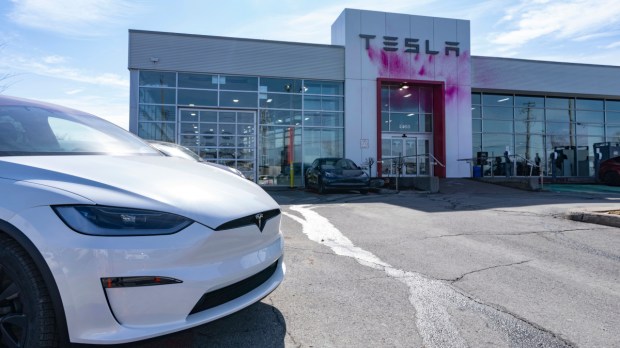
In Quebec city, Tesla filed an extraordinary number of EV rebate claims with a single Tesla dealership in Quebec City claiming nearly CAD $20 million in public subsidies by documenting more than 4,000 electric vehicle sales over a single weekend.
Earlier, three provinces in Canada including British Columbia, Nova Scotia, and Manitoba officially banned Tesla from availing benefits under their respective EV purchase incentive programs. Nova Scotia offers subsidies up to CAD $2000 to CAD $3000, depending on the model, whereas Manitoba’s EV rebate program grants up to CAD $4000 for EVs priced not higher CAD $70,000.
Further, according to a notice posted by BC Hydro, British Columbia’s power utility service, Tesla chargers, batteries, and inverters are no longer eligible for rebates. Toronto stopped providing financial incentives for Tesla vehicles purchased as taxis or ride shares because of trade tensions with the USA. All these developments took place in the space of the last two months.
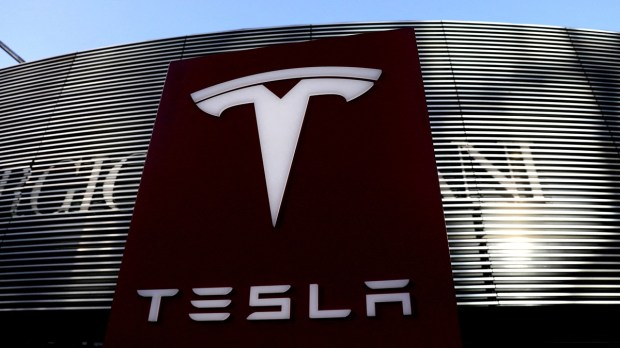
Tensions between Canada and the USA are at peak since Donald Trump assumed office in January and imposed a slew of new tariffs, with the bulk due in early April, in the form of steep 25% taxes on most goods from Canada and Mexico. In response to U.S. tariffs, Canada is implementing countermeasures, including tariffs and non-tariff restrictions like this. Things escalated when Trump went as far as saying that he will use “economic force” to turn Canada into the country’s 51st state.
With inputs from Reuters
